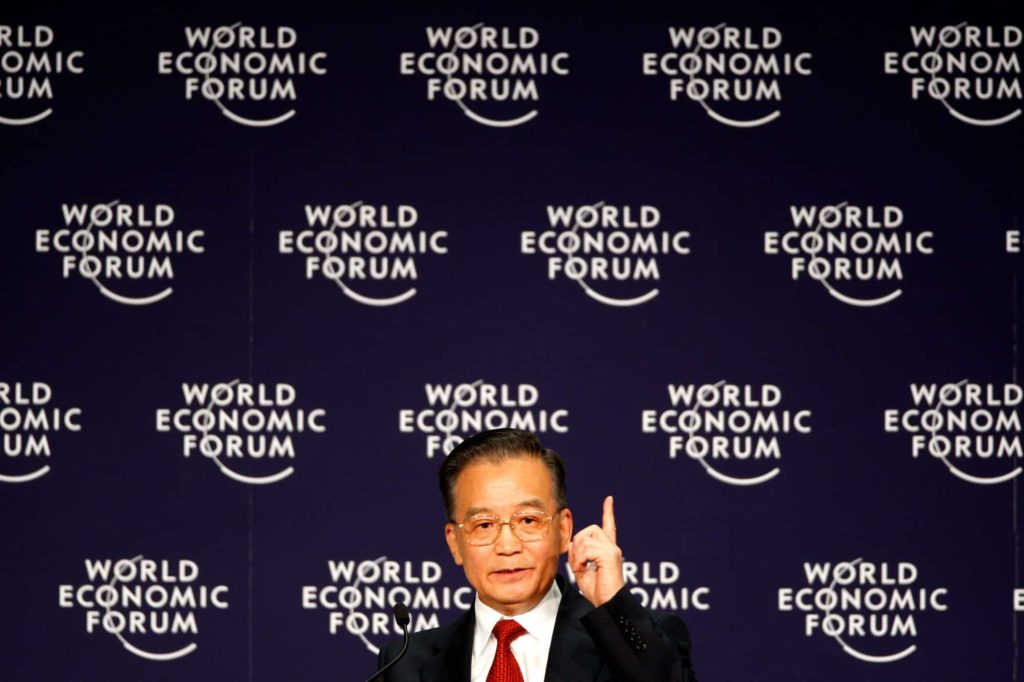The world is evolving quickly. Through China’s ongoing containment strategy, the old powers of the international system are currently fighting to hold onto their positions and working together to protect the status quo. However, the advent of the Asian century and China’s spectacular ascent over the past ten years have altered the structure of the global governance system.
181 nations have established diplomatic ties with China in the previous 10 years. The Belt and Road plan has drawn interest from 149 nations and 32 international organizations (BRI).
People all across the world have come to appreciate China’s diplomatic efforts in a peaceful manner. Humanitarian aid, development, financial, global economic, energy, and, last but not least, health and internet orientations now have new players like China.
China has been assisting developing nations in this regard by institutionalizing a new global governance philosophy that promotes inclusivity, transparency, and openness and places emphasis on extensive consultation, joint contribution, and shared benefits for all in order to address the challenges facing global governance that is currently emerging.
Chinese policymakers have changed their approach to international development from a bilateral to a multilateral one over the past ten years by gradually expanding their influence in established international organizations like the World Bank and the UN Development Program and by launching alternative global initiatives like the Belt and Road Initiative (BRI), The Asian Infrastructure Investment Bank (AIIB), Shared Prosperity, Global Development Initiative (GDI), and Glob (GSI). In the end, China’s influence over the system of global governance has multiplied.
In less than a year after its inception, more than 55 nations have backed its GDI pledge with the Group of Friends of Global Development Initiative, according to official Chinese statistics (2021-2022). It’s GSI and shared prosperity concepts have acquired traction among developing nations, international groups, and organizations alike, which has strengthened its position in the system of global governance.
A critical study demonstrates that the four primary challenges of global health, internet governance, climate change, and development financing are where China’s emerging global governance approach is most visible.
To develop a coordinated defense against common illnesses, China actively supported international collaboration to enhance global public health governance. More than 120 nations received vaccines from China during the COVID-19 crisis (2 billion). Additionally, it provided aid in the battle against the disease to nations including Iran, Italy, Pakistan, and Spain. The US abruptly withdrew from the WHO, and China stepped forward to fill the void, offering essential financial support during a moment of world turmoil as well as humanitarian aid.
Additionally, China is a steadfast advocate of global action against climate change. China is now the world’s largest investor in renewable energy and has decreased the proportion of fossil fuels in its energy mix.
China’s percentage of the world economy has more than doubled in the last 10 years, rising from 7.4% in 2001 to more than 18% in 2021. China conducts more commerce than any other nation, demonstrating its growing influence in the global economic system. Additionally, Beijing founded the Shanghai Cooperation Organization (SCO), which was crucial to the growth of the regional and global economies.
China is the top deployer of peacekeepers among the permanent five nations in the world and the second-largest financial donor to the U.N. peacekeeping budget, after the United States.
China is the top deployer of peacekeepers among the permanent five nations in the world and the second-largest financial donor to the U.N. peacekeeping budget, after the United States.
China wants to advance the concept of cyber sovereignty and take the lead in international internet regulation. Chinese businesses are also at the forefront of the competition for patents and the fifth generation of wireless communication technologies (5G).
The Digital Silk Road initiative of the BRI includes inviting foreign government representatives to seminars on information technology policy, including internet censorship.
As a result of China’s growing influence in the world’s politics, economy, energy, food, green energy, climate change, and innovation, geopolitical games are becoming less common, and a new paradigm of genuine global cooperation is emerging. It is coordinated, collaborative, and cooperative. It is a system of open and all-encompassing cooperation. It is not only China’s initiative, or what the West labeled its “hegemonic fixation,” but a striking illustration of the combined knowledge and aspirations of all the emerging nations worldwide.
Editor’s note: Dr Mehmood Ul Hassan Khan is the Executive Director of The Center for South Asia & International Studies (CSAIS) Islamabad. He is also a regional expert on China, BRI & CPEC.

